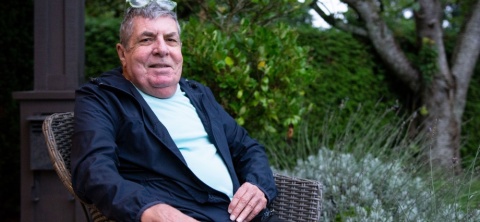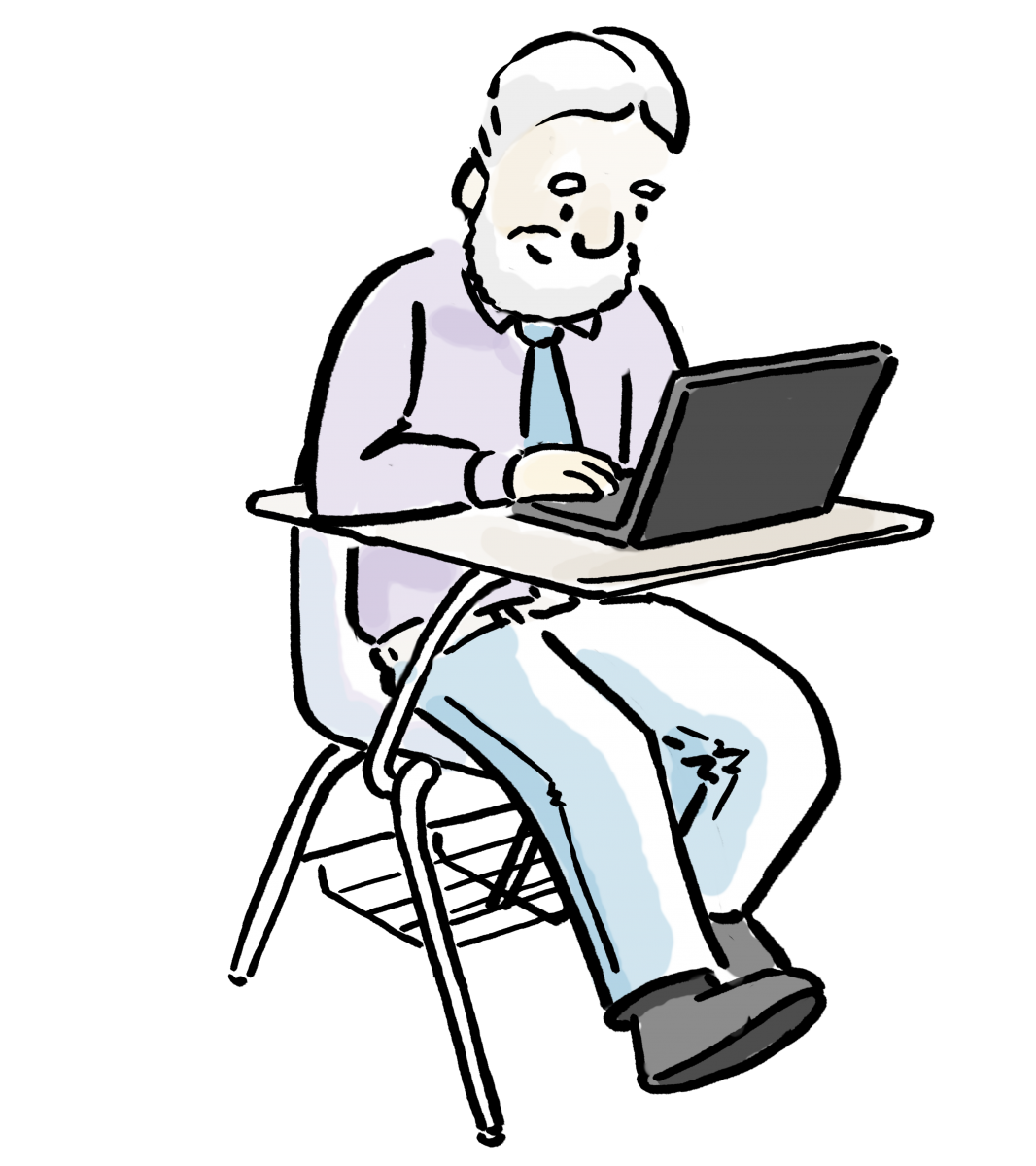May 12th, 2020

I remember walking into Emergency out of breath and ready to collapse.
My oxygen levels were so low that doctors were astounded I was still able to function. A lung specialist was on duty, fortunately for me, who conducted some tests. I was soon formally diagnosed with COPD (Chronic Obstructive Pulmonary Disease).
As my disease advanced, I experienced a radical social decline because of my shortness of breath. I no longer went to dinner parties or movies because it took such a humungous amount of energy just to get there, along with the constant worry of accessibility (stairs, walking distance). Consequently, I usually declined these types of invitations. It wasn’t long until family and friends also stopped extending them. I was slowly losing my sense of self.
My life became focused solely on one challenge after another.
It took more energy to raise my arms above my head so I sometimes wasn’t able to rinse the shampoo out of my hair. Another challenge was learning to hold my breath when chewing food — not an easy task. If I had a medical appointment, I had to lay my things out the night before. If I was ready to go and discovered I forgot something upstairs like my wallet, I was too breathless to go up, get it and come down again.
Having a way to get around filled my life with hope.
While I could still drive, by the time I got to where I was going, my energy was depleted. One day, I saw someone riding a scooter. That, I thought, could be the answer. I got one to help increase my mobility, as well as a portable oxygen concentrator with the recommendation of the British Columbia Home Oxygen Funding Program. The scooter, together with this portable machine, helped my breathing and improved my mobility issues immensely.
Out and about on my new scooter, I met a team of respiratory program staff from St. Paul’s Hospital.
St. Paul’s was running a public outreach campaign and, in conversation, I was encouraged to sign up for an eight-week pulmonary rehabilitation program. It combined exercise, education, and support for persons living with chronic lung conditions. I was accepted into the program, completed it, and enrolled in the follow up exercise maintenance program. It was around this time I met Lung Specialist Dr. Sin, who believed I would be a strong candidate for a lung transplant and advocated on my behalf. Over the next year and a half, I underwent a battery of tests to ensure my organs could handle the transplant operation. The exercise maintenance program helped me stay in shape so I’d be fit to go when the call came saying new lungs were available.
Just months before my 70th birthday that call came, and I believe I became the oldest person in BC to receive a double lung transplant. It’s been three years now, and I’m going strong. I no longer rely on my scooter, as I’ve got the lung capacity to get around — walking 3 to 7 km daily — and I can go where I need to go using public transportation. I feel so blessed to live an independent life again.
Having received aid as a successful lung patient, I wanted to give back. The BC Lung Association helped get my idea to help others off the ground.
I recalled the many people I met who had gone through everything I was about to go through as my disease progressed — and how I latched onto them. They were the ones best equipped to help with whatever hurdles I faced. Thus sprung my idea to create an online community for individuals suffering from COPD.
The BC Lung Association helped me establish a private online Facebook group for patients with chronic lung conditions. At the onset, four individuals joined the group. They all had COPD and shared similar challenges. Operational now for nearly two years, the online community has grown to 200 plus people. Being the moderator of this online support group has been one of the most rewarding experiences of my life. The diverse group includes heath professionals: professors; nurses; paramedics; and respiratory therapists, patients with COPD or those with a full range of other breathing issues, and caregivers.

The purpose of this group is to help people connect, share their stories, reduce common anxieties, develop strategies for dealing with depression, share relevant health resources, and serve as a social support network — accessible 24/7. No one needs to face a life-changing lung illness alone. Particularly beneficial is the access this group creates for those in more isolated BC communities without opportunities to attend face-to-face support group meetings. I often look for clusters of individuals residing close together so I can encourage them to connect offline. At last count, the majority of group members are from BC, but there are also some who hail from the east coast of Canada, southern USA, and England.
***If you or someone you love has a chronic lung condition, and could use extra support, we suggest you or they consider joining our private Better Breathers online support group: Here's how in three easy steps: 1) Set up a Facebook account at www.facebook.com; 2) Type Better Breathers Support Group in the search panel; and 3) Request to join the group. You’ll get a hello back from Dennis in no time!
